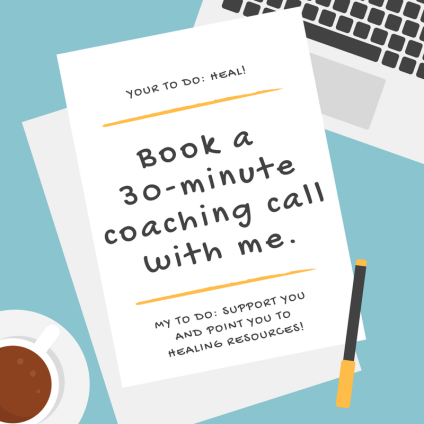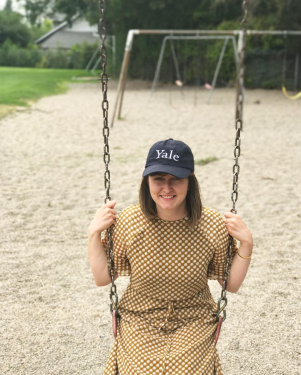If you’ve had a brain injury, you need a support system—people who believe you and can direct you to the help you need. Sign up for a 30-minute coaching session and let’s see how I can help you.
Book now.

I am not a professional, but I have a lot of experience with mild traumatic brain injury. Here’s my story.
Mild Traumatic Brain injuries can be far from mild. About 80% of people recover fairly quickly, while the remaining 20% have a longer, sometimes indefinite, time horizon for their healing.
When I got a concussion in February 2015, I fell into the second category. My symptoms did not go away in a few weeks, as both the Instacare and emergency room physicians had claimed they would (no one ought to claim that; they would have to do an in-depth evaluation of my particular medical history to responsibly hazard a guess. Even then, they might not come close).
These doctors gave me no indication of where to go for help if my symptoms did not resolve.
I tried to go back to work too early. That caused my constant pain to increase. So I quit my job and became a full-time case manager of my injury. I had a hard time finding the right medical help. This is a fairly common experience. The brain’s structural changes with these “mild” injuries are more fine and nuanced and do not show up on CT scans or MRIs, which are suited to detecting large structural changes in the brain.
But the damage and changes in function are real. People can spend years seeking a multitude of treatments for a host of symptoms. Progress can be slow and arduous.
Each brain injury survivor needs a support system of people who understand and who believe them.
For me, that support system came from people online, other survivors who are trying treatments and reporting back about how they work and what doctors to go see. The saying goes that if you’ve seen a brain injury you’ve seen one brain injury. Every brain is unique and every individual’s circumstances will be unique. Financial resources, the necessity of working, Worker’s Comp, insurance, and other considerations will affect when and whether someone can return to work and what sorts of treatments and therapies they can pursue.
Three years into recovery, my symptoms are incredibly improved. I still work every day to get back to normal. I am here to be a friend and a guide through the confusing world of brain injury recovery. I consult with you individually and offer support and knowledge from my years of research. You need to talk to someone who has been through the concussion wringer, I am here to help.


